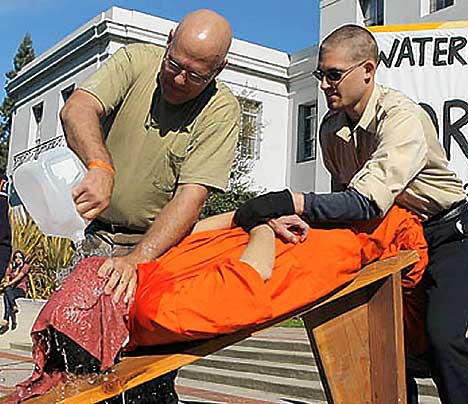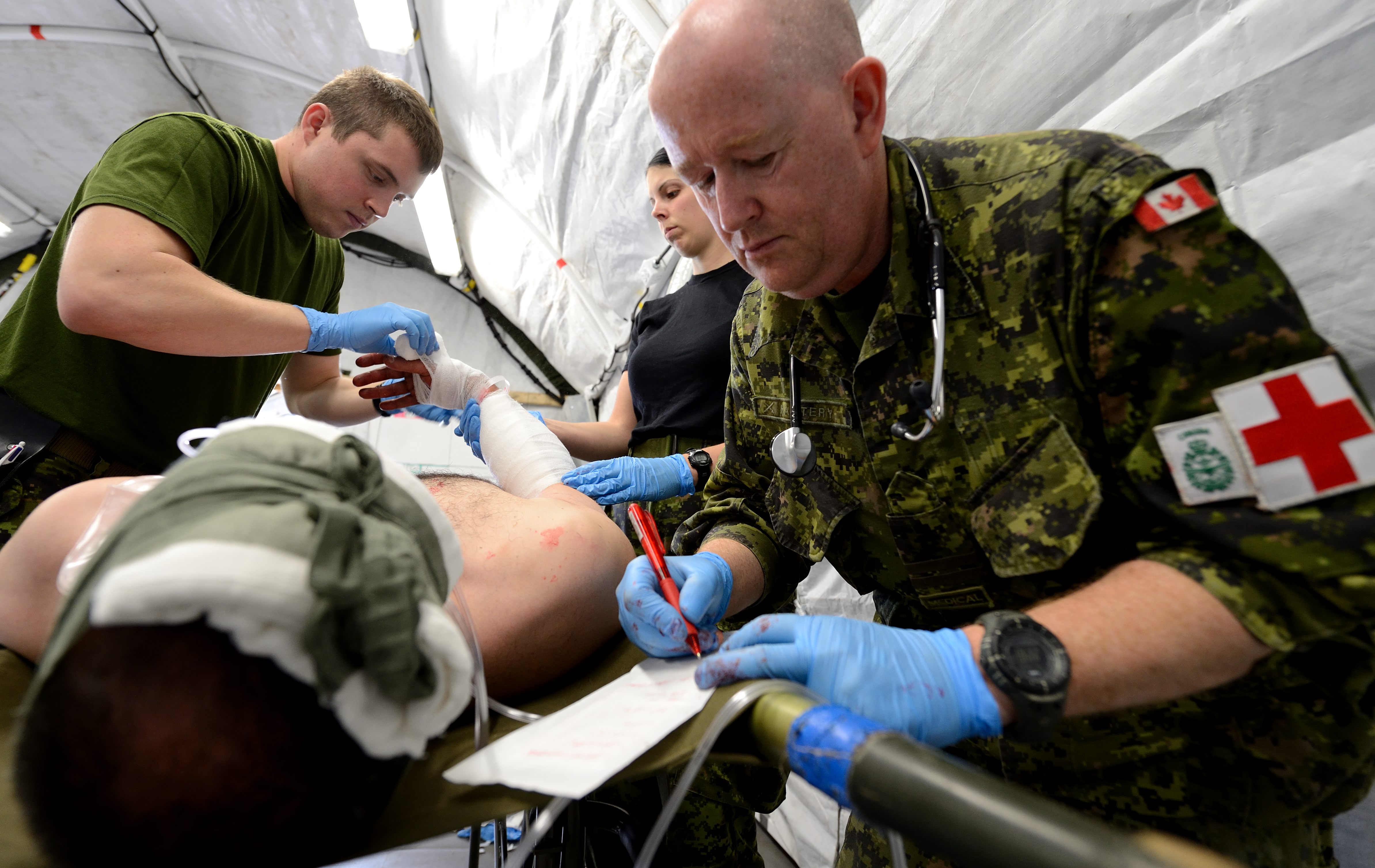Could 1914 happen again? That question was frequently speculated about at the beginning of 2014. Then, most analysts were firm in their conviction that big shifts in national borders were unlikely. The integrity of sovereign states, the majority of them members of the United Nations, was sanctified by international convention. By the beginning of 2016 that convention had been ruthlessly challenged by two actors, one sovereign – Russia; the other, state-seeking – Daesh.
Russia forcibly annexed Crimea and sponsored an invasion of East Ukraine (where the fighting rages on) thereby redefining borders to suit its national interest. Daesh, capitalizing on growing regional instability, eradicated the Iraqi-Syrian border, a victory that may prove lasting. Daesh has gone on to seize other territories in the Middle East and North Africa. Russia and Daesh have transformed our common understanding of borders, sovereignty and the international system in just a couple of years.
Where Daesh is unique to our era though, is not in its religious fanaticism, or its brutality, but in its ability to take strategic advantage of the ‘ungoverned spaces’, the chinks in the mortar of the international system.
The concept of ‘ungoverned lands’ was around long before 2014. Pre-16th century civilizations, existing in nodes around the world, took it as a matter of course. Nineteenth-century colonialism left an overlay – a thin one as it turned out – of multicoloured wallpaper that from about 1920 onward took on the appearance of Westphalian states. Fast forward to 2008 and global governance still had its cracks, as when Canadians Robert Fowler and Louis Guay were kidnapped in Niger. They happened to be travelling in the eight percent of the country that was designated safe for travellers, but realistically, if only eight percent of a country is safe then none of it is.
In 2015, it has become far too clear that many states (including but not limited to Mali, Niger, Sudan, Chad, Central African Republic and Nigeria) are in that position, and that non-state actors exercise free rein in large parts of the territory, often paying lip-service to Daesh and its extremist brand of religion.
Reduced to its barest conceptual bones, Daesh is a bandit kingdom with a delusion of grandeur. It is dependent on oil smuggling, forced taxation, and looted antiquities to sustain an offensive military effort that, in its Middle Eastern heartland, is quickly running out of steam. If the regional powers could coordinate their efforts – and they have so far been unwilling to do so – Daesh might now be far more degraded than it is, without prejudice to whatever might succeed it in the area.
They are certainly under sufficient pressure in Syria/Iraq to want to migrate to greener fields. At the moment, Libya looks like the field of choice; it is certainly ungoverned enough to meet their needs and some Daesh leadership may be transplanting themselves there.
If it is true that Daesh is trying to shift its centre of gravity to Libya, this is in fact a greater threat to Western security than its original location in Iraq and Syria. There it has no coastline, which automatically circumscribes its potential for growth. Occupying a fertile Mediterranean coastline has the real potential to threaten Europe, with piracy, terror or both, in a way that has not been seen since the Barbary Pirates fended off the US Marines from the shores of Tripoli in 1805.
Syria and Iraq are intractable in terms of long-term military intervention, as the Russians may be about to find out. Libya may be no less tractable in the event, but the threat may be great enough to turn the day toward full-fledged military intervention. The question, as always, is by whom?




